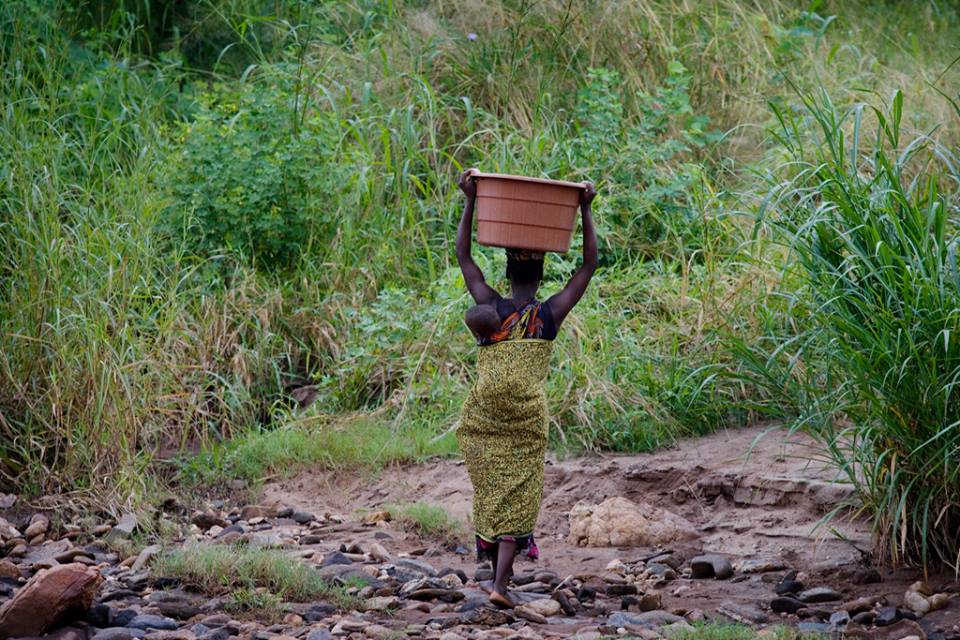Science + Video games : The Contenders | Lucy Walker
I’m not a gamer.
And I confess, I’ve held some of the myths myself about video games.
Game over.
Just found this powerful 3-minute animated documentary that tells the story of social innovation and how the Foldit group was involved in solving the Mason Pfizer Monkey Virus (MPMV) structure.
Biologists spent ten years trying to map the structure of the Mason Pfizer Monkey Virus, a problem that could unlock the cure for AIDS. The Contenders solved it in three weeks using the online puzzle game Foldit.
Some of you may have seen this already (worth watching again, don’t you agree?) because it premiered at Sundance this past January.
I only came across it because I follow Upworthy on Facebook and they posted it today.
I clicked and was blown away.
Foldit is a new game that’s described by the creators as a game, “in which YOU just play to solve puzzles, and WE test your solutions to work on curing cancer, AIDS, and a host of diseases.”
My world just got bigger.
I wasn’t a gamer.
I might become one now.
Follow them on Twitter @foldit and this hashtag for the video #contendersdoc
[vimeo http://www.vimeo.com/57394084 w=500&h=281]
The Contenders | Lucy Walker from Focus Forward Films on Vimeo.
I'm not a gamer. And I confess, I've



